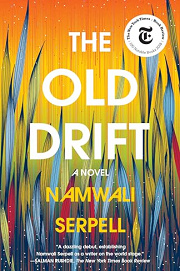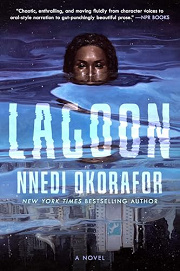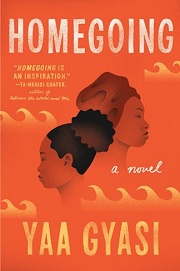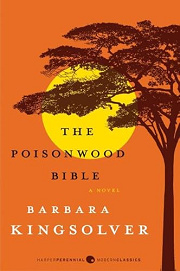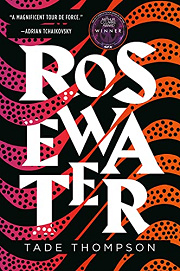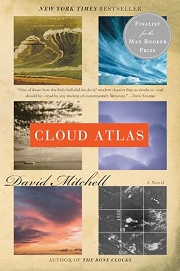Share your thoughts in a quick Shelf Talk!
The Old Drift by Namwali Serpell
"A country’s past and future braid together through the lives of three families, from a colonial outpost to a near-future humming with invention. Sweeping, playful, and gloriously strange, The Old Drift marries intimate human drama with visionary ideas to reimagine how history—and destiny—are written."
Have you read this book? Share what you liked (or didn’t), and we’ll use your answers to recommend your next favorite read!
Love The Old Drift but not sure what to read next?
These picks are popular with readers who enjoyed this book. Complete a quick Shelf Talk to get recommendations made just for you! Warning: possible spoilers for The Old Drift below.
In The Old Drift, did you enjoy ...
... the kaleidoscopic, many-voiced portrait of a nation in upheaval?
Lagoon by Nnedi Okorafor
If you loved how The Old Drift keeps shifting lenses—from the three matriarchs (Agnes, Sibilla, Matha) to their descendants and even the mosquito chorus—to capture Zambia at turning points like the Kariba Dam and the tech-fueled protests, you’ll click with Lagoon. Okorafor throws you into Lagos through a swirl of perspectives—scientists, soldiers, street kids, and even nonhuman voices—as first contact upends the city. That same pulsing, polyphonic energy you felt as Lusaka transformed under drones and data schemes is here, buzzing with life and consequence.
... the century-spanning, multi-generational sweep from colonial schemes to a speculative-tinged present?
Homegoing by Yaa Gyasi
The way The Old Drift arcs from a misstep at the Zambezi to the Kariba Dam to a near-future uprising—tracking families through time—finds a powerful echo in Homegoing. Gyasi follows two half-sisters’ lineages across continents and centuries, each chapter a new descendant whose life bears the imprint of history. If the long view in Serpell’s saga—watching choices made by Agnes, Sibilla, and Matha ripple all the way to the drone-saturated present—moved you, Gyasi’s generational tapestry will hit the same deep, resonant chord.
... the unflinching look at Europeans in Africa and the fallout of missionary and settler hubris?
The Poisonwood Bible by Barbara Kingsolver
If Agnes’s storyline and the early colonial misadventures at the Old Drift fascinated you—the way private lives tangle with national history—The Poisonwood Bible offers a gripping counterpoint. Kingsolver tracks a missionary family in the Congo through the country’s independence and turmoil, showing how cultural arrogance fractures a household and echoes outward. Much like Serpell’s examination of how the Kariba Dam and later state projects shape ordinary people, this novel reveals the intimate costs of grand designs imposed on African soil.
... the Afrofuturist, socially rooted near-future tech that reshapes daily life?
Rosewater by Tade Thompson
Drawn to the speculative turn in The Old Drift—the health-tech schemes, the mosquito-like drones, and the way activism collides with surveillance and biotech? Rosewater dives into a Nigeria transformed by an alien biodome that subtly rewires society. As Kaaro navigates psychic networks, state pressure, and grassroots survival, Thompson’s world-building mirrors the Serpell vibe where invention feels both wondrous and dangerous. If the crescendo of protests and hacks in Lusaka thrilled you, this blend of biotech, politics, and personal stakes will, too.
... the playful, cross-genre architecture with interludes that comment on and refract the narrative?
Cloud Atlas by David Mitchell
If the mosquito chorus in The Old Drift delighted you—the way those interludes braid satire and prophecy across generations—Cloud Atlas will scratch that same itch. Mitchell stacks stories that echo one another from a 19th‑century voyage to a far‑future dystopia, each voice reshaping what came before. Like Serpell’s leap from the Kariba Dam’s mythos to a drone-sparked present, these nested narratives question progress, exploitation, and who gets to tell the story—while the structure itself becomes part of the meaning.
Unlock your personalized book recommendations! Just take a quick Shelf Talk for The Old Drift by Namwali Serpell. It’s only a few questions and takes less than a minute.
